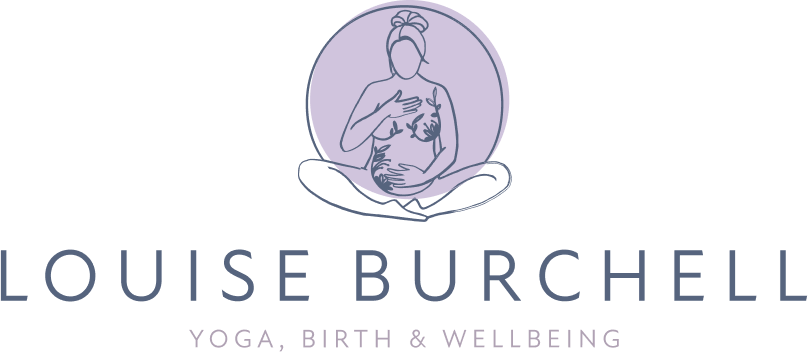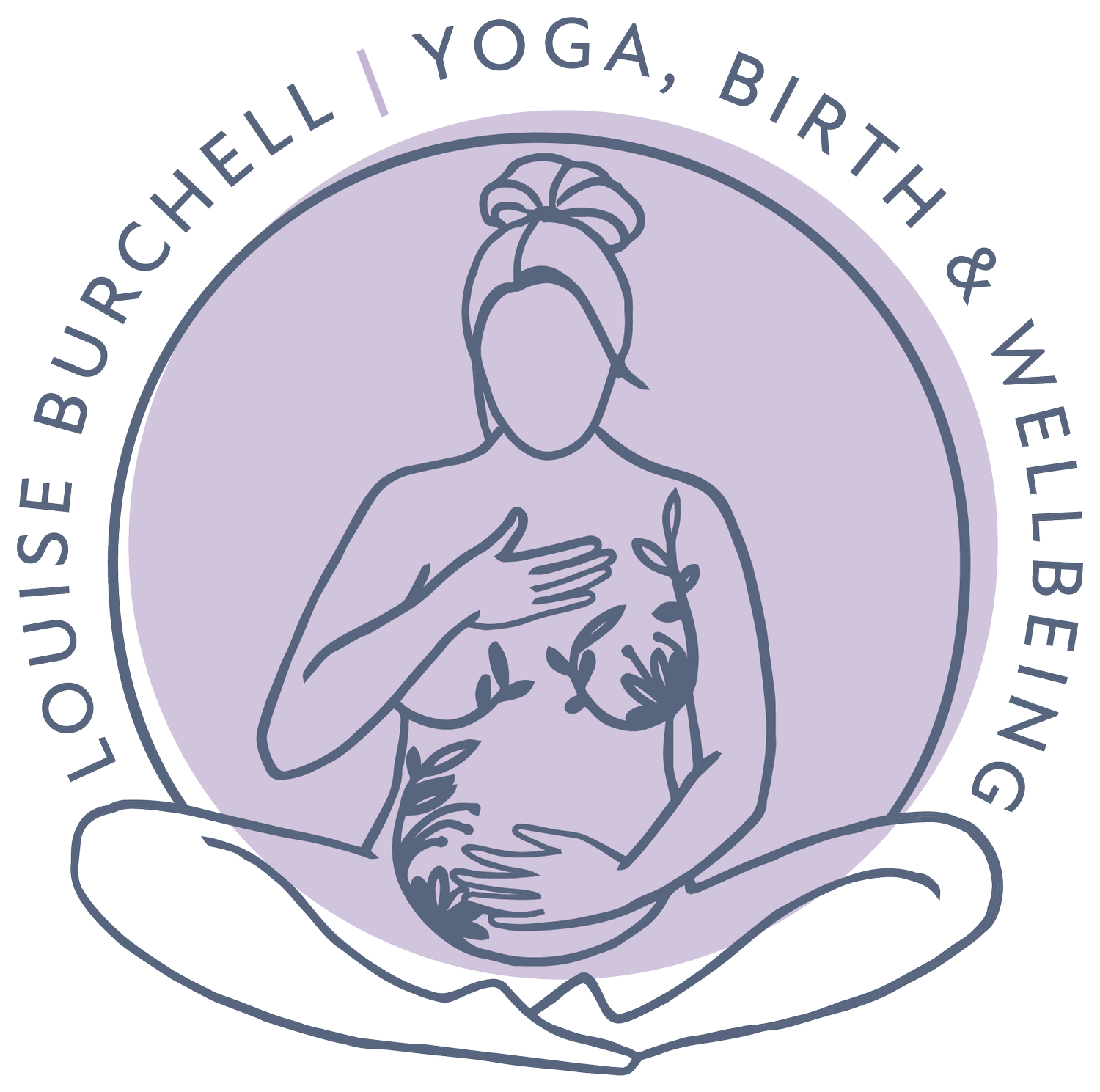Understanding Birth Trauma: Signs, Support and Recovery
Giving birth is a profound and life-changing experience, but for many women, birthing people and birth partners, it can also be distressing or even traumatic. Birth trauma is a reality that affects countless individuals, yet it often remains undiscussed, leaving many to suffer in silence. In this blog, we’ll explore what birth trauma is, how common it is in the UK, its symptoms, and what steps can help in the healing process. If you’re struggling after a difficult birth, please know that support is available—and counselling could be a crucial step in your recovery.
What Is Birth Trauma?
Birth trauma refers to the psychological distress experienced during or after childbirth. This distress can stem from a physically challenging labour, medical interventions that felt out of your control, or emotional aspects such as feeling unheard, unsupported, or even mistreated during birth. In some cases, birth trauma can lead to post-traumatic stress disorder (PTSD), affecting mental health, relationships, and overall well-being.
How Common Is Birth Trauma in the UK?
Birth trauma is more common than many people realise. Studies suggest that around 30-45% of women describe their birth as traumatic, while approximately 4-6% go on to develop PTSD as a result. Despite these numbers, birth trauma is often overlooked or dismissed, leaving many struggling alone. Recognising that birth trauma is valid and real is the first step towards getting the support you need to recover.
Symptoms of Birth Trauma
Birth trauma can manifest in various ways, including:
Flashbacks or distressing memories of the birth
Anxiety or panic attacks
Avoidance of anything that reminds you of the birth (e.g., hospitals, medical settings, discussions about birth)
Feelings of shame, guilt, or failure
Difficulty bonding with your baby
Low mood, irritability, or emotional numbness
Sleep disturbances, nightmares, or hypervigilance
If you recognise these symptoms in yourself, you are not alone, and you don’t have to suffer in silence.
What Could Help?
Healing from birth trauma is possible, and different approaches may support your recovery, including:
Talking about your experience with trusted friends, family, or professionals.
Self-care and relaxation techniques such as yoga, mindfulness, and breathing exercises.
Peer support groups where you can connect with others who have had similar experiences.
Seeking professional help through therapy or counselling to process the trauma in a safe and supportive environment.
Why Counselling Can Help
Counselling offers a safe and non-judgmental space to explore your feelings, understand the impact of birth trauma, and develop coping strategies. Through compassionate support, you can:
Process and reframe difficult memories.
Reduce feelings of guilt, shame, or self-blame.
Rebuild confidence in yourself and your body.
Develop tools to manage anxiety, fear, or distressing thoughts.
Take the Next Step: Book a Counselling Appointment
If you’re struggling with the emotional aftermath of birth, you don’t have to go through it alone. As a trained counsellor in birth and infertility support, I provide a compassionate, tailored approach to help you navigate your healing journey.
Book a confidential counselling session with me today and take the first step towards reclaiming your well-being. You deserve to feel heard, supported, and empowered.
Contact me today: louise@louiseburchell.com

